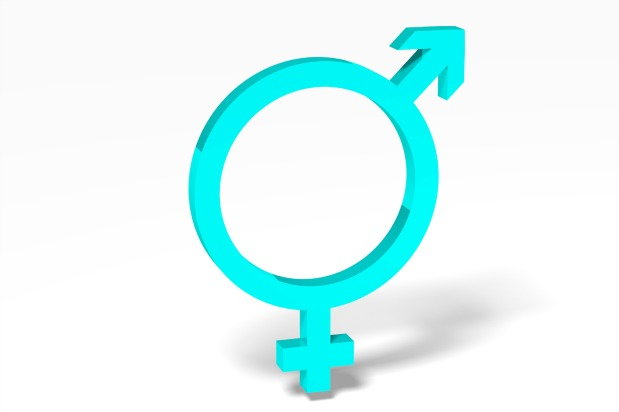Most transgender people are met with daily living stresses that non-transgender people cannot even begin to comprehend. From employment and housing discrimination to physical or sexual abuse to suicidal ideation and attempts, the transgender experience is typically a challenging one.[1] It should be of no surprise then that, according to a Substance Abuse and Mental Health Services Administration (SAMHSA) study, about 30% of the transgender population abuse substances compared to about 9% of the general population.[2]
Recently, another study is the first of its kind to look at the risk factors associated with addiction in a community-based survey of transgender men and women and the findings offer important implications for assisting transgender individuals in treatment for substance use disorders. As suggested by the research, here are 3 areas that should be addressed in addiction treatment for transgender patients:
1. Past Trauma
A high percentage of transgender individuals have a history that includes exposure to physical, emotional and even sexual abuse. In the course of any treatment for substance abuse, these issues should be identified and a treatment plan should be created to help in the individual’s adjustment and recovery from these experiences. All of these factors should be implemented in the context of the substance use disorder treatment.
2. Discrimination
Transgender individuals can be targets of discrimination and these experiences may lead to suspicion of others, low self-esteem and overall cynicism. Sex reassignment surgery does not necessarily deal with the ramifications of these issues and so it is a significant topic to be addressed in recovery.
3. Transition Adjustments
There are many special adjustment issues that the transgender individual can face, one of which revolves around body image. The individual may struggle with what it means to be male or female, or have scars or other physical changes that may affect their self-esteem. Transgender individuals may also experience multiple areas of grief and loss including rejection by friends or family members, loss of physical attributes, doubt and dissatisfaction. Sexual concerns and social issues such as isolation should also be addressed in substance use disorder treatment for this specific community.
Sex reassignment surgery does not always address the emotional scars left by past experiences of transgender individuals. When these individuals become involved in recovery for substance use disorders, they may benefit from special considerations and a targeted approach that addresses their unique areas of adjustment.
If you or someone you know is seeking help with addiction, please visit our directory of gay-friendly treatment centers or call 866-606-0182 to start the path to recovery today.
References:
[1] Xavier, J., Honnold, J., & Bradford, J. (2007). The Health, Health-Related Needs, And Lifecourse Experiences of Transgender Virginians. Retrieved June 1, 2015.
[2] Hunt, J. (2012, March 9). Why the Gay and Transgender Population Experiences Higher Rates of Substance Use. Retrieved June 22, 2015.








